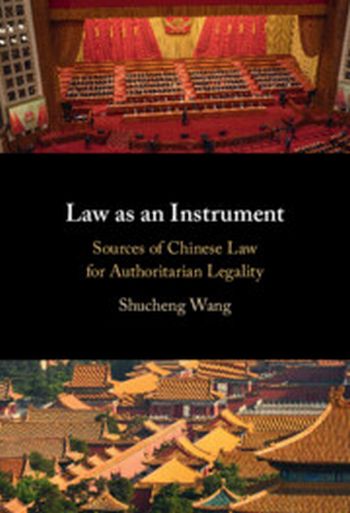We will be closed from 5pm Thursday 17th April for the Easter Bank Holidays, re-opening at 8.30am on Tuesday 22nd April. Any orders placed during this period will be processed when we re-open.

How can the law be employed pragmatically to facilitate development and underpin illiberal principles? The case of contemporary China shows that the law plays an increasingly important role in the country's illiberal approach to both domestic and China-related global affairs, which has posed intellectual challenges in understanding it with reference to conventional, Western legal concepts and theories. This book provides a systematic exploration of the sources of Chinese law as pragmatically reconfigured in context, aiming to fill the gap between written and practised law. In combination with fieldwork investigations, it conceptualises various formal and informal laws, including the Constitution, congressional statutes, supreme court interpretations, judicial documents, guiding cases and judicial precedents. Moreover, it engages a theoretical analysis of legal instrumentalism, illuminating how and why the law works as an instrument for authoritarian legality in China, with international reflections on other comparable regimes.